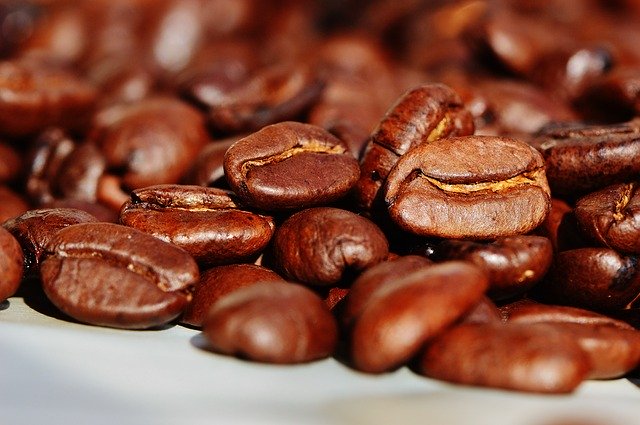The blockchain-based coffee e-marketplace launched by the Coffee Board of India (CBoI) earlier this year has gained significant momentum in the past couple of months with thousands of farmers registering on the platform.
With only 23 registered farmers at the time of its launch in March, the platform has grown to around 30,000 registered farmers by the end of October, DownToEarth reported.
“There is a huge global market for Indian coffee. We are pushing farmers to join the platform so that they get better rates for their produce. Blockchain technology will help in this,” says YB Venkat Reddy, technology officer at CBoI (as quoted by DownToEarth).
Managed by the Ministry of Commerce and Industry of the government of India, the CBoI aims to promote coffee production in India. On March 28, it announced its collaboration with Eka Plus, a provider of digital commodity management platforms for agriculture, for the blockchain-based marketplace application.
The company, which counts Cargill, Marubeni, and Tourmaline Oil Corp among its customers, has developed both web and mobile app for the CBoI. At the time of launch, 100 tonnes of India’s 0.32 million tonnes of coffee produced in 2018-19 was sold via the platform.
Coffee farmers, exporters, roasters, importers and retailers can register on the platform and trade, but only after their details are verified by a CBoI official. The details are recorded on a blockchain making them tamper-resistant.
“Blockchain offers unmatched traceability and increases the transparency, accountability and efficiency of the coffee supply chain,” said Shuchi Nijhawan, vice-president, New Business and Global Human Relations, Eka Software Solutions.
In addition, the platform will also allow farmers to get better rates for their produce, particularly by eliminating intermediaries. Due to several intermediaries in the supply chain, farmers get less than 5 percent of the money for every cup of coffee sold, noted Reddy. The platform addresses this issue through the use of the ethereum blockchain, which has smart contract functionality.
“The contract captures counter party information, quality and quantity. The current smart contract has been made future-ready to also include digital certificates and payment gateways in the next phase,” Nijhawan explained.
Late last month, the Tea Board of India also floated an Expression of Interest (EOI) for “designing, developing and commissioning end-to-end technology to ensure traceability of the entire value chain of tea trade.” The agency is seeking to leverage blockchain technology in order to eliminate adulteration and preserve the identity of Indian tea, while improving consumer experience.







